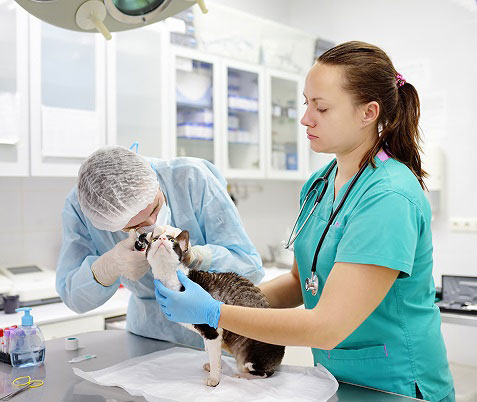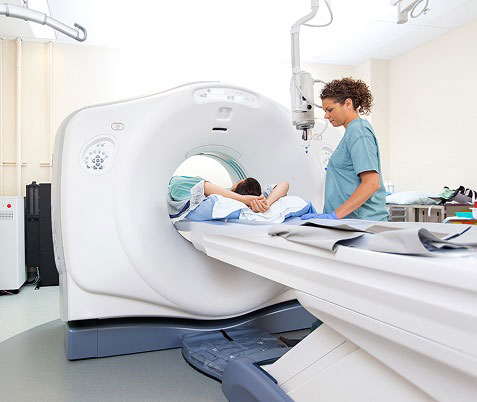What Do Workers in Animal Science Do?
Where Do Graduates Work?
Conservation Officer:
In this position, you’ll work out in the wild to protect animals. By doing this, you also protect the environment as the two are inextricably linked. As a conservation officer, you’ll help to protect and improve areas that are environmentally important, which allows animals large and small to thrive.
Food Industry:
Choosing to work in the food industry may mean earning secondary degrees after you complete your degree in animal sciences, but that all depends on your interest in moving up in the field. You may help identify and research animal health in this area and make sure that farms are run with public health in mind. This work helps to improve the health and wellness of consumers and ensure compliance with local and federal rules. With your animal sciences background, you’ll be able to offer more value in this field.
Veterinary Technician:
Educational Requirements
How to Become an Animal Services Worker
GED or High School Diploma
| Quick Facts: Zoologists and Wildlife Biologists | |
|---|---|
| 2023 Median Pay ?The wage at which half of the workers in the occupation earned more than that amount and half earned less. Median wage data are from the BLS Occupational Employment and Wage Statistics survey. In May 2023, the median annual wage for all workers was $48,060. | $70,600 per year $33.94 per hour |
| Typical Entry-Level Education ?Typical level of education that most workers need to enter this occupation. | Bachelor's degree |
| Work Experience in a Related Occupation ?Work experience that is commonly considered necessary by employers, or is a commonly accepted substitute for more formal types of training or education. | None |
| On-the-job Training ?Additional training needed (postemployment) to attain competency in the skills needed in this occupation. | None |
| Number of Jobs, 2023 ?The employment, or size, of this occupation in 2023, which is the base year of the 2023-33 employment projections. | 18,800 |
| Job Outlook, 2023-33 ?The projected percent change in employment from 2023 to 2033. The average growth rate for all occupations is 4 percent. | 4% (As fast as average) |
| Employment Change, 2023-33 ?The projected numeric change in employment from 2023 to 2033. | 800 |



